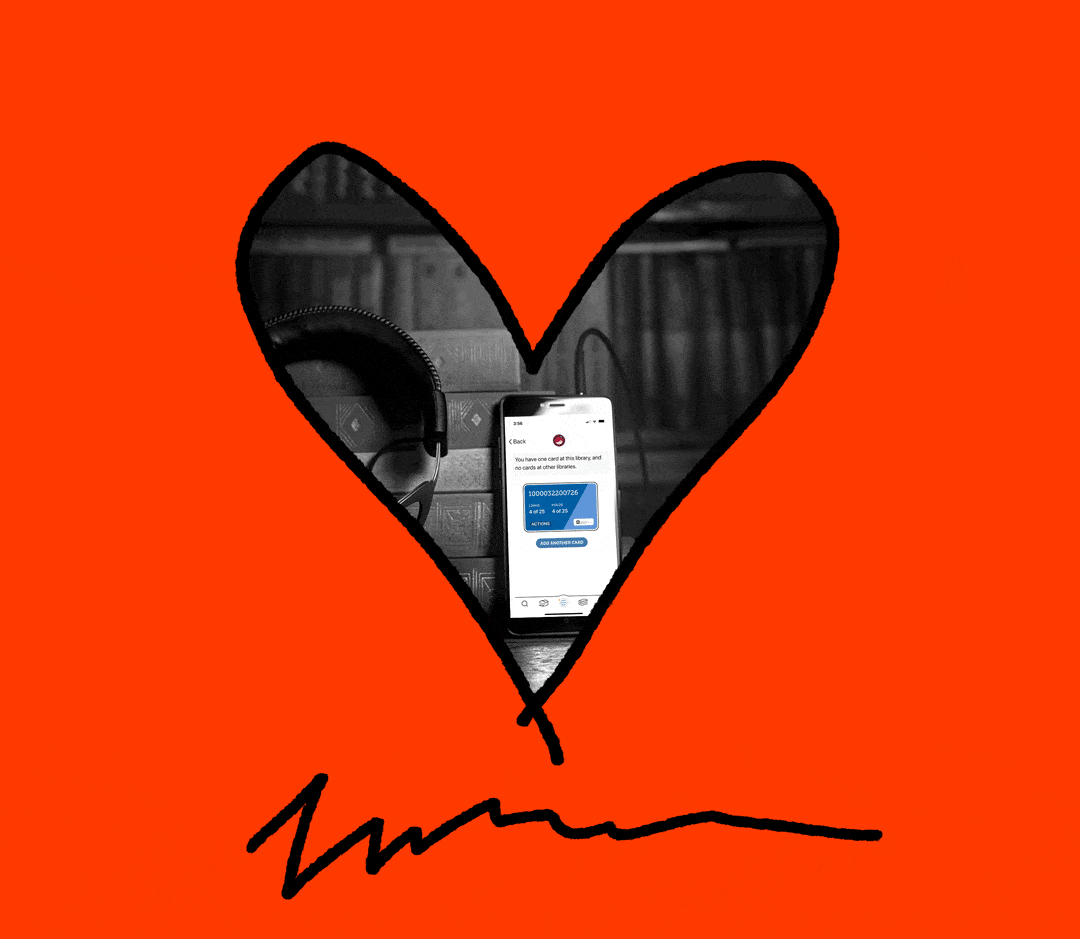Love Letters: SPL's Libby App Has a Hold on Me

Image: Seattle Met Composite
I can’t remember how I first learned of Libby. Only that, when 2022 came to a close, I spent some time reflecting on the things that suck happiness out of my life (food waste, overcommitment, Facebook messenger). And the things that infused joy. High on that list was the Seattle Public Library’s new-ish app for reading e-books.
Libby lets me sprinkle literary breadcrumbs for my future self. When a debut novel earned promising reviews or a friend raved about a surprisingly candid Hollywood memoir, I began punching the title into the app and adding my name to the (usually long) waitlist. When the "Your hold is ready to borrow!" notification finally pops up on my phone, weeks or months later, it's as if a gift just dropped from the sky. I’d struggle to remember what interested me about this title in the first place—only to become engrossed in a story that would have otherwise fallen by my wayside.
Libby snuck up on Seattle Public Library too. For years, anyone who wanted to check out a book virtually had to futz around with OverDrive, the e-reader platform favored by most American libraries. It was clunky, but it got the job done. OverDrive released Libby in 2017, alongside its existing app. “We never had this big kickoff or launch,” says Kirk Blankenship, a selection librarian with Seattle Public Library; for years SPL users could switch—or not. On May 1, OverDrive officially discontinued its original app; we’re all in on Libby now.
When I request an actual, hard copy book at SPL, it materializes on my neighborhood library's holds shelf at the precise moment that I’m overwhelmed with deadlines or houseguests. Libby lets me postpone my spot at the top of the waitlist for another week, even a month or two, rather than kiss that book goodbye (and feel the pangs of guilt for making library staff go through the work of delivering a book I wouldn't read). Now I can wrap up a breezy novel about 1940s-era Britons whose lives revolve around their plucky book club, knowing that Hua Hsu’s flashlight beam of a memoir, Stay True, will be waiting for me. This spring I passed the time waiting for my crack at Rebecca Makkai’s latest novel by reading every one of her older works.
Have I mentioned all of this is free? Now I read books on Libby before deciding whether it's worth shelling out $20 for my own hard copy.
SPL doesn't keep stats on whether Libby adoption has increased circulation, though Blankenship says audiobook use took off once you could listen directly from your phone. Library staff care more about the app's ability to reveal gaps in the collection. In a future version of Libby, says Blankenship, users who don't find what they seek in the online catalog can let SPL know they're interested in that particular book; Libby can even notify them when it arrives.
Let's not overstate things: This is a library app that has evolved, albeit at a slower pace, to do the things we expect from our modern-day music, podcast, or other media platforms. But SPL's vast collection is a tremendous resource I could never quite get my arms around before its arrival. Not by walking the aisles of bookshelves, not by awkwardly authenticating, transferring, and downloading a desired e-book under the old setup.
If anything, Libby just offers a concentrated dose of the magic that's inherent to reading: It fills your life with stories.




